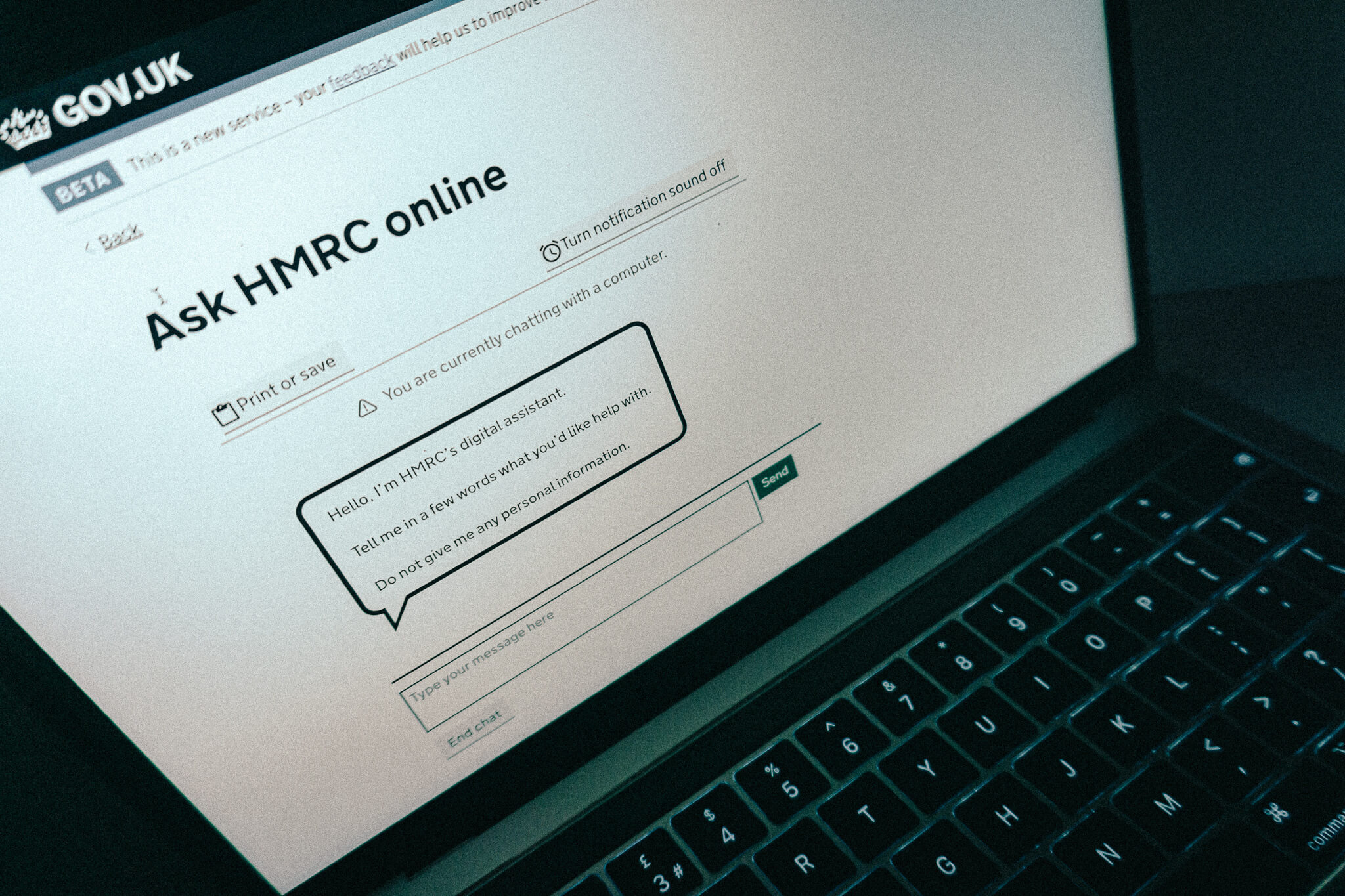Assessment from departmental head Peter Schofield provides additional financial and operational details of major project to revamp services delivered to 20 million citizens and internal platforms used by 14,000 staff
The Department for Work and Pensions has revealed that it expects to deliver net savings of more than £600m through a long-term digital reform programme that aims to transform the services delivered to 20 million citizens.
The Service Modernisation Programme (SMP), which was formally added to the government major projects portfolio last year, will be delivered over the course of the rest of this decade.
The project’s ambitions include revamping public services in a range of areas, including working-age benefits, the state pension and pension credit, child maintenance, benefits for those with disabilities and their carers, and dispute-resolution services. The scheme also has a remit to transform internal technology services provided to about DWP 14,000 staff – equating to a sixth of the department’s overall workforce.
The department has just published the SMP’s first official accounting officer assessment – a process through which senior government leaders, in this case DWP permanent secretary Peter Schofield, review major projects against four key standards that must be met: regularity; propriety; feasibility; and value for money. The modernisation project has been approved by Schofield on all four fronts.
“The intention of the programme is to provide modern services which are more accessible and responsive to customer’s needs, with higher-quality, joined-up and more efficient service delivery, and an organisation with the culture and tools to modernise continually from now on.”
The assessment includes some new detail on the aims and rollout plan for SMP, as well as, for the first time, some outline financial information on the programme.
While an official whole-lifetime cost estimate for the project is not specified, during the current spending-review term – which runs for the three-year period ending in March 2025 – the net cost of the programme is forecast to be £122.7m. This figure represents investment costs minus the savings delivered by the scheme.
And the DWP expects that the 2024/25 year will be the point at which the project starts generating an annual net return – of £5.9m. Over the 11-year period covered by the business case signed off in 2023, the forecast is that SMP will deliver an overall net return of £643.5m
The department has estimated that, for every £1 spent on delivering the programme, a total of £2.30 of savings will be delivered. Based on the expected long-term net return, this equates to total spending of about £495m.
Layer up
The perm sec’s assessment also sheds light on the “three main layers of transformation” that will underpin SMP and inform its delivery.
The first of these layers is a “vision… to make the department’s vital services fit for the future, better for customers, and easier for colleagues [across] 11 different product areas through simplification of policy and processes, and the introduction of customer focused, digitally enabled systems and new channels – allowing more customers to self-serve”, Schofield wrote.
Related content
- DWP cites complexity and ageing IT as it squashes plans to integrate New Style benefits into UC
- DWP runs ‘generative AI Lighthouse programme – to test and learn in a safe environment’
- DWP brings in digital support for Universal Credit programme in £5m deal
The second layer will involve the introduction of “cross-cutting capabilities across DWP, such as [a] conversational Platform in Universal Credit and video in PIP (Personal Independence Payment) to help deal with today’s increased demand and create common systems for the future”.
The final layer of transformation cited by the departmental chief will be focused on “the development of a new service design, creating a delivery model for the future of DWP that will enable us to achieve the current and emerging business strategy – joining up services around the needs of customers and focusing our people on the things that add most value [and] support DWP’s outcomes”.
“This will be at the heart of the second programme business case due in May 2024 and will enable the programme to deliver sustainably towards the Department’s business strategy for 2030,” Schofield added.
The “joining up” of services includes plans, recently revealed by PublicTechnology, to develop a prototype of a unified service through which citizens will be able to access multiple benefits. The DWP recently signed a £1m one-year contract to work with supplier Coforge on the creation of the prototype of a service dubbed ‘get financial support’, which is conceived as a digital front door for a range of differing benefits.
Work on this proposed service is part of an initiative called the Future State Project, which forms part of the wider Service Modernisation Programme.
According to the text of the Coforge contract: “This project is looking into the far future – 2030 [and beyond] – to supporting efforts to make DWP more efficient and our service offering more user-centred. The way that DWP and its service offering are organised [currently are] impacting: our ability to meet our policy intent, [and] the efficiency and efficacy of the business, and is, ultimately, making for a confusing and inconsistent user experience, sometimes preventing people from accessing help when they need it most. Our current set-up is unsustainable.”
In the introduction to his newly published assessment of the overall modernisation scheme, Schofield said that SMP will not only deliver a fundamental transformation of citizens’ interactions with the DWP, but will support ongoing evolution long into the future.
“SMP was set up to transform the services that the department provides to around 20 million customers,” he wrote. “Through giving staff the skills and support they need and improving the technology underpinning the department’s service, SMP will bring about a step change in customer experience. The intention of the programme is to provide modern services which are more accessible and responsive to customer’s needs, with higher-quality, joined-up and more efficient service delivery, and an organisation with the culture and tools to modernise continually from now on.”




